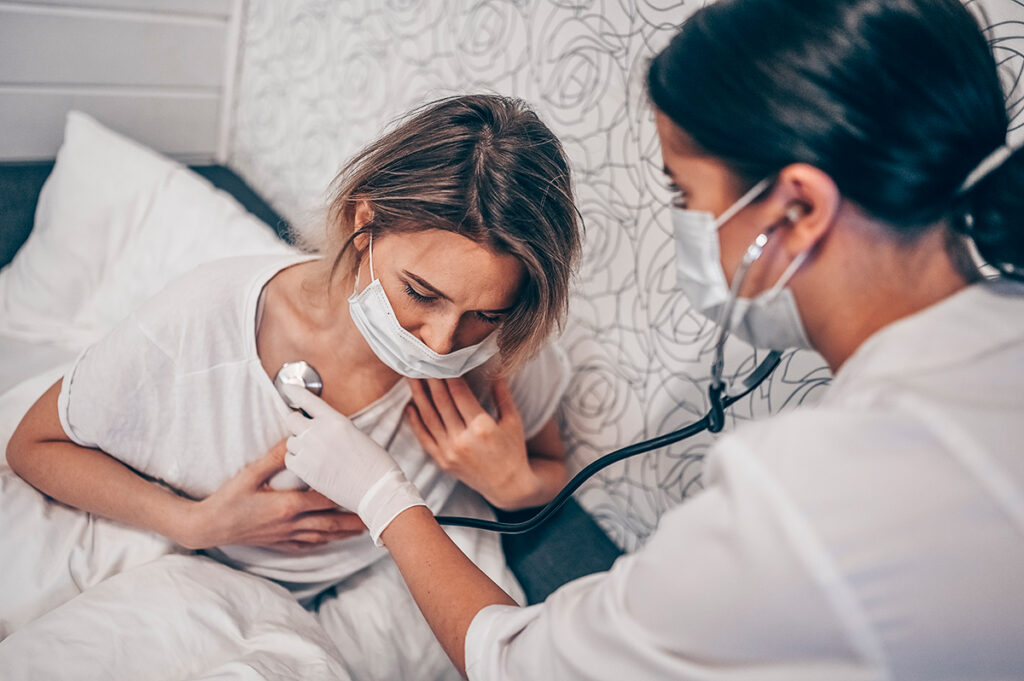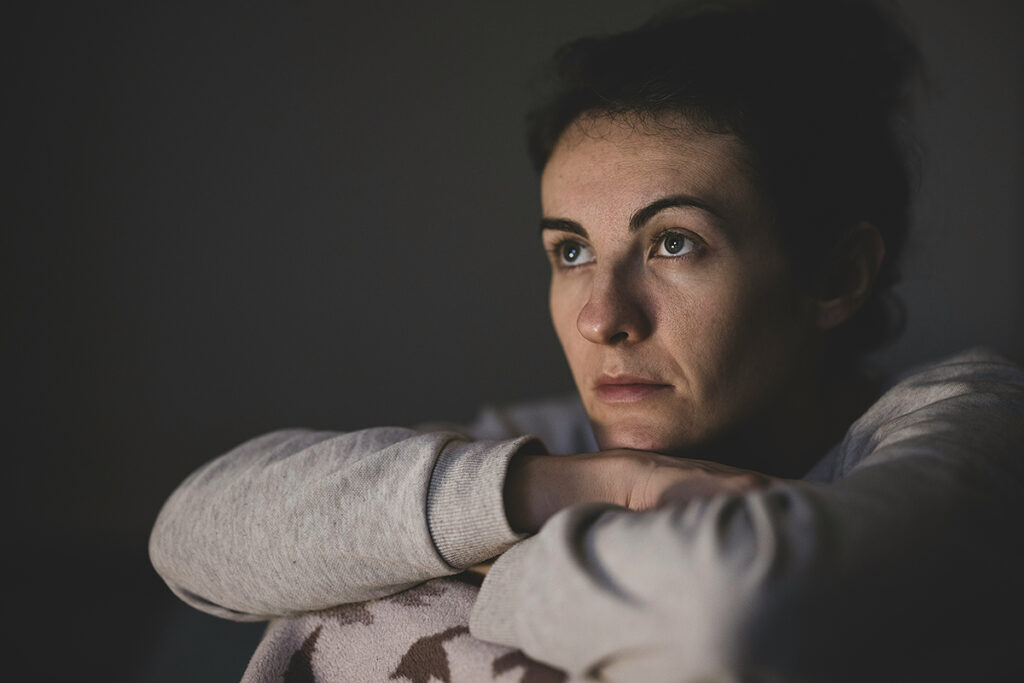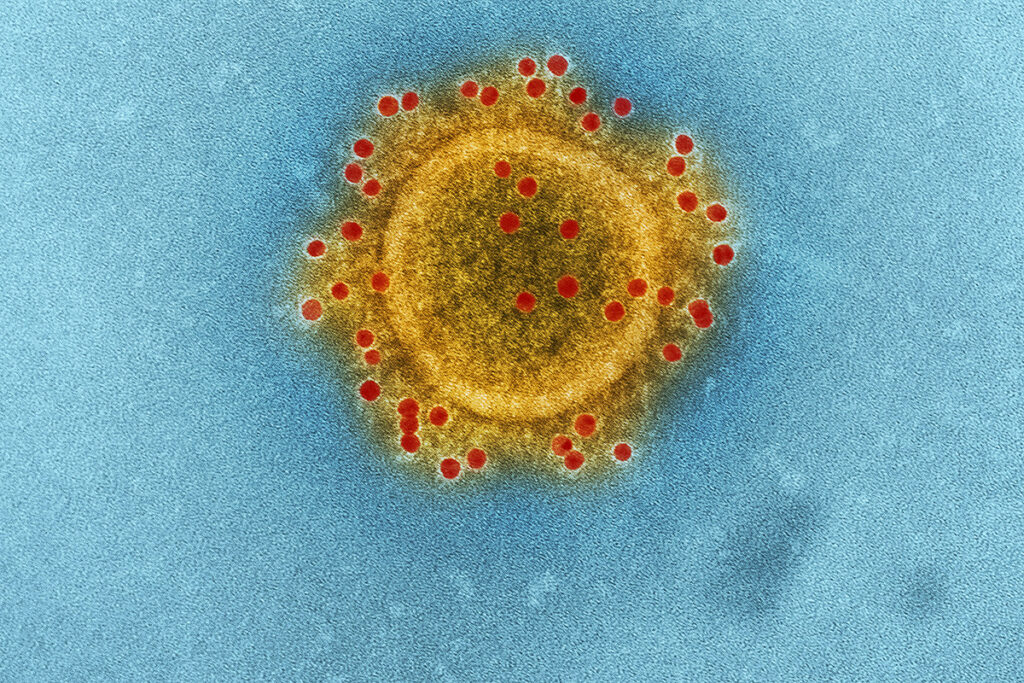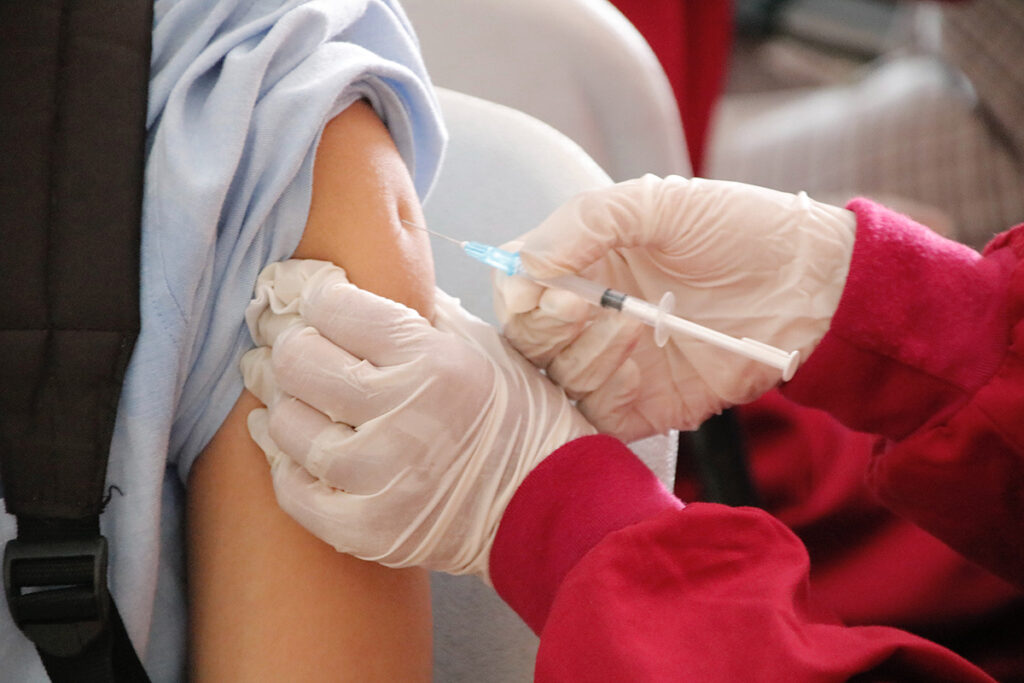SARS-CoV-2 infection and vaccination protect against reinfection with coronavirus. Both antibodies and T-cells provide protection. Titers of neutralizing antibodies correlate with protection against COVID-19 infection. Recently, Australian scientists found out that the level of neutralizing antibodies, which is 20% of the average level in the serums of recovering from COVID-19, halves the risk of infection with SARS-CoV-2.
The level of neutralizing antibodies decreases over time. Early studies have shown that antibodies decrease quickly: one-third of patients lost neutralizing antibodies 1-2 months after infection. However, later scientists revealed that the level of antibodies decreases rapidly only in the first 2-3 months after infection, and then the decline slows down. It goes because the first phase of antibody production is controlled by short-lived plasma cells, but longer-term antibody responses support antigen-specific long-lived plasma cells in the bone marrow.
Previous studies were based on the dynamics of antibodies during the first 4-6 months of recovery. These data do not allow us to estimate how long protection against repeated COVID-19 persists during a period when the level of antibodies decreases slowly. Chinese scientists have solved this problem.
Study: How Long Does The Protection Against Reinfection of COVID-19 Last
Chinese scientists monitored antibody levels in 124 people for 386 days after the onset of COVID-19 symptoms. The PCR test for coronavirus in all study participants was positive. SARS-CoV-2 infection was asymptomatic in some participants, symptomatic in others. All serums were collected before any of the participants received any COVID-19 vaccine.
Antibodies Decrease Rate
- The rate of decrease of antibodies was higher during the first three months and gradually decreased after that.
- The rate of decreased antibodies neutralizing 50% of viral particles was significantly higher in children than in adults, although peak titers differed. A possible reason for the more excellent resistance of neutralizing antibodies in adults is that due to multiple infections with seasonal coronaviruses, adults may have cross-reactive T helper cells that enhance the antibody response to both seasonal coronavirus proteins and SARS-CoV-2 proteins.
- Danish scientists analyzed infection rates during the year among 4 million people. The study showed that the natural infection of SARS-CoV-2 protects 80.5% from reinfection, but for people over 65 years of age, the level of protection drops to 47.1%.
- Singaporean, German, and South Korean scientists have reported that a lighter COVID-19 is associated with a faster decrease in the level of neutralizing antibodies. Some of the repeated infections occurred after an asymptomatic infection and those who did not develop a detectable neutralizing antibody response.
How Often Are Neutralizing Antibodies Detected? How Long Are They Retained?
In blood serum samples collected from 201 to 386 days after infection, the following are detected:
- neutralizing antibodies – in 92.6% of cases;
- antibodies neutralizing 50% of viral particles – in 100% of cases;
- antibodies neutralizing 90% of viral particles – in 92.3% of cases.
Neutralizing antibodies were detected in 100% of sera collected on the 90-150th day after infection. On the 201-386th day, detection decreased to 73.1% (the detection threshold is 30% neutralization of viral particles). However, if we use the standard of 20% neutralization, neutralizing antibodies on the 201-386th day were detected in 96.2% of cases.
According to scientists, antibodies neutralizing 50% of viral particles will be detected during:
- 7 years after infection (1717 days) in patients with COVID-19 symptoms;
- 3 years after illness (1574 days) in patients with mild COVID-19;
- 4 years after infection (2709 days) in patients with severe COVID-19.
These data on the slow decay of neutralizing antibodies are consistent with recent studies showing that in the late stages of recovery, plasma cells specific to the RBD element of the SARS-coronavirus-2 spike protein are present in the bone marrow. These plasma cells are responsible for the long-term production of antibodies. RBD-specific memory B cells remain unchanged or even increase during the first 6 to 8 months after infection.
Probably, after the protection against reinfection provided by neutralizing antibodies weakens, the immune memory of B and T cells will still be preserved. It will lead to a rapid increase in neutralizing antibodies during reinfection, providing long-term protection against severe COVID-19.
To assess how much protection against reinfection remains, the scientists used the results of Australian scientists who showed that 20% of the average titer of antibodies recovering from natural SARS-CoV-2 reduces the risk of infection by 2 times.
Using this approach, scientists calculated that 50% of patients recovering from symptomatic SARS-CoV-2 would be protected from reinfection for:
- 701 days (1.9 years) – based on antibody titers neutralizing 90% of viral particles;
- 990 days (2.7 years) – based on antibody titers neutralizing 50% of viral particles.
Protection Duration from COVID-19 After Natural Infection and After Vaccination
The duration of protection resulting from a natural symptomatic infection cannot be directly extrapolated to the effects of vaccination. On the one hand, in response to the vaccine, the body produces significantly higher neutralizing antibody titers than natural infection. However, the protective effect of vaccines varies. On the other hand, the generation of memory B cells and bone marrow plasma cells after vaccination may differ markedly from the resulting natural infection. It may be reflected in differences in the rate of decrease in the level of antibodies and the neutralization titers. The time to double the titers of antibodies neutralizing 90% of viral particles in patients with mild COVID-19 is 469 days. The same indicator for vaccination is 202 days.
Do Antibodies Protect Against New Strains of Coronavirus After Natural SARS-CoV-2
Antibodies worse neutralize some coronavirus strains. Among them: South African (beta), Brazilian (gamma), and Indian strain (delta). Serums of recovering people infected with early strains of SARS-CoV-2 show a decrease in neutralization titers:
- for the British strain (alpha) – by 2.9 times;
- for the South African strain – 13.3 times;
- for the Indian strain – 2.6 times.
Protection against strains 8 or more times worse neutralized by antibodies will fall below 50% by the 90th day after infection. Nevertheless, protection against strains with a 2-fold deterioration in neutralization will remain above the 50% threshold for 474 days (1.3 years).
Conclusions
Protection against reinfection with the original strains of SARS-СoV-2, provided by neutralizing antibodies, persists for about two years (700 days) after symptomatic COVID-19 infection. However, antibodies are worse at balancing new strains of SARS-2, which can reduce but not cancel protection.
Useful article, necessary information? Share it!
Someone will also find it useful and necessary:



